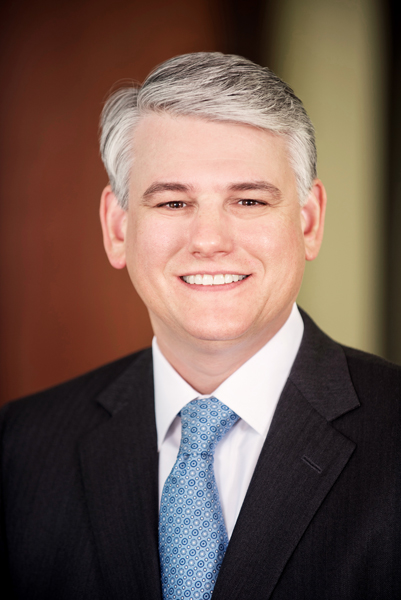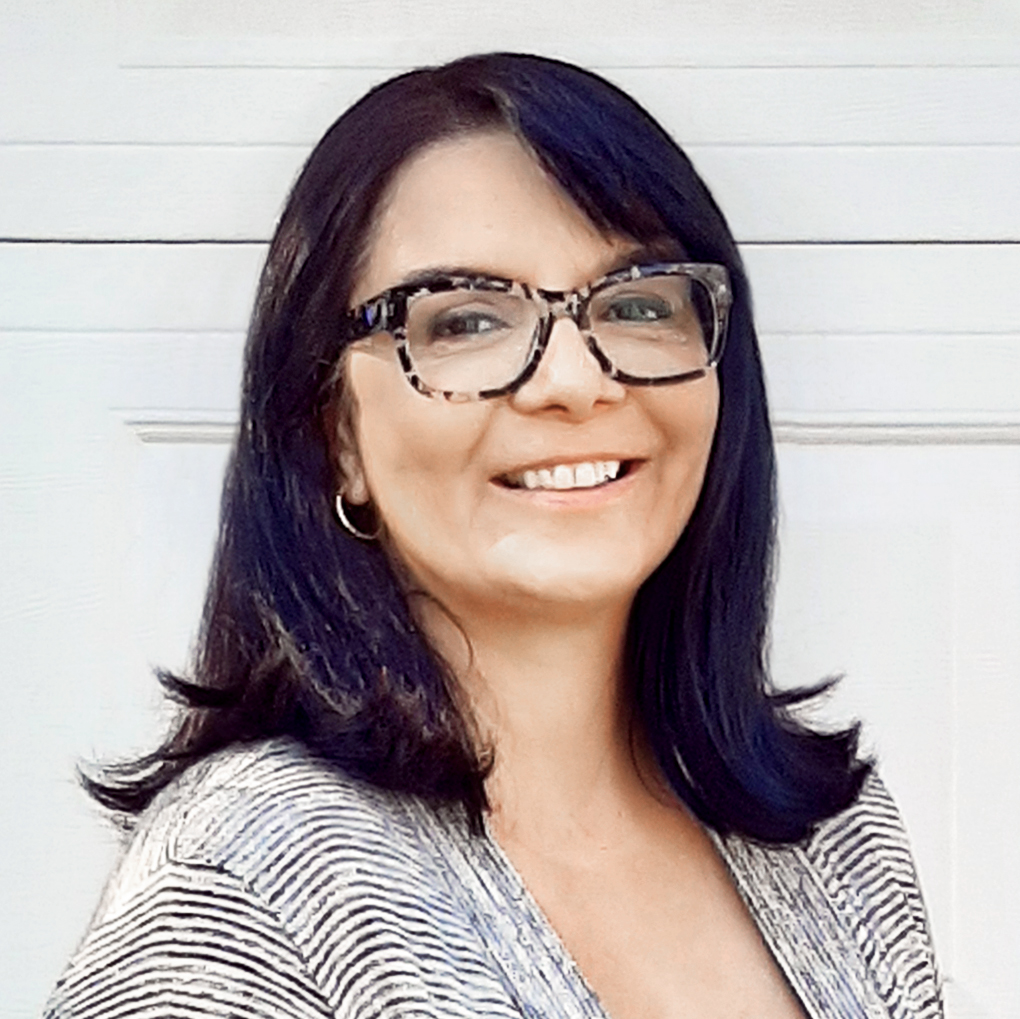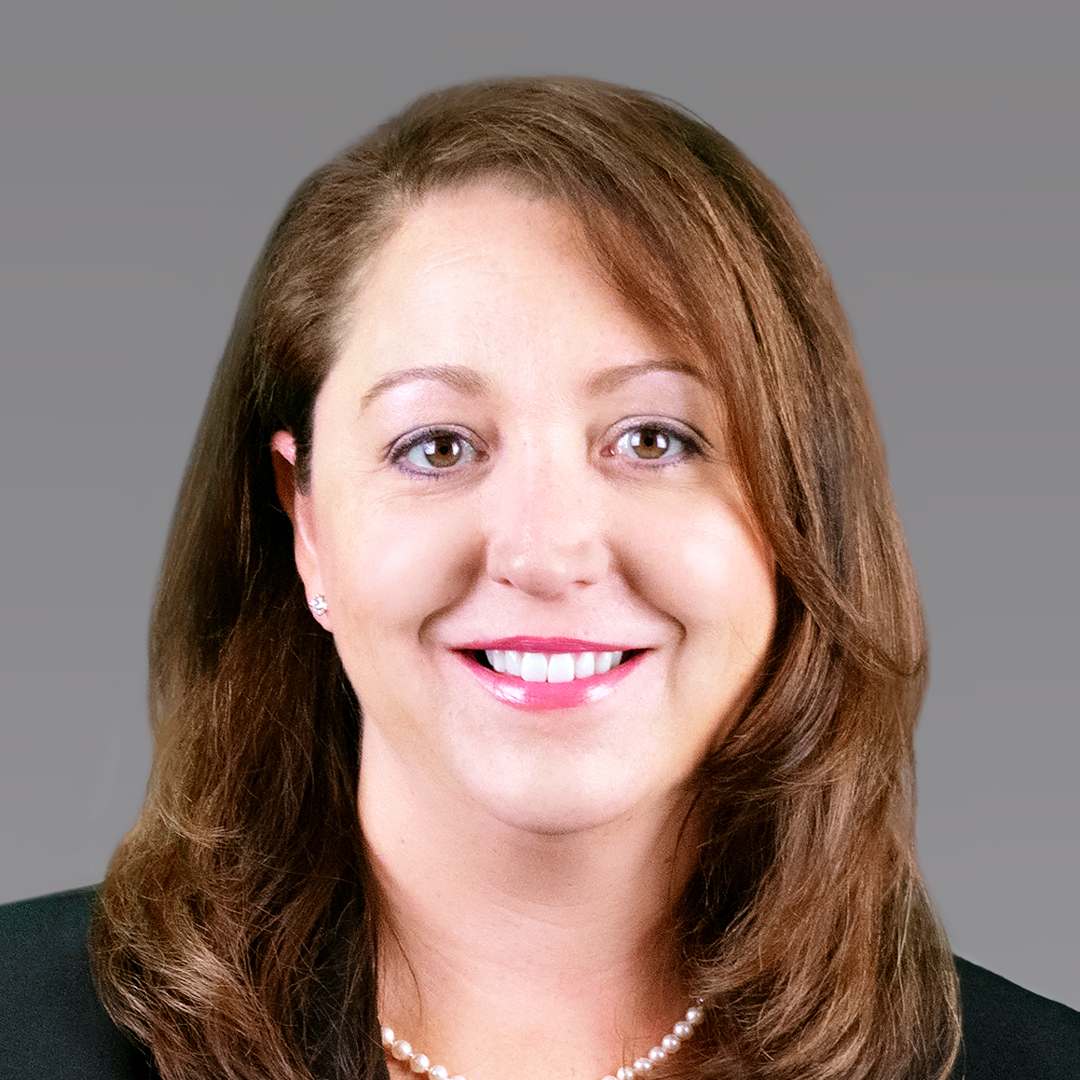Matthew Wagner doesn’t have a “Go Big or Go Home” tattoo anywhere on his body, but it’s not because he lacks the pedigree. The now general counsel at PDC Brands with nearly twenty years of firm experience prior to going in-house doesn’t just have an area of expertise; he has half a dozen.
Early in his career, litigating on behalf of cable and telecommunications companies, Wagner realized he wanted to work on matters that landed exclusively in the federal courts and agencies. He purposefully chose to pursue substantive areas of the law that were exclusive to the domain of federal law.

But PDC Brands didn’t just gain an expert litigator with multitudes of IP, copyright, and patent experience when Wagner transitioned from outside general counsel to full-time in-house GC. They got a natural networker. Or at least one might assume so, based on the lawyer’s cultivation of a supportive circle around the world that goes hand in hand with participation in legal and bar associations. Yet by his own admission, it’s a skill that Wagner has had to actively hone. And like most things in the lawyer’s career thus far, he has chosen to do so on a large scale.
“Matt is completely hands-on and uses his years of experience in planning litigation strategies and developing technical defenses with outside counsel,” says Cristina Ciminelli, a partner at Yukevich | Cavanaugh. “Matt is truly supportive and collaborates at every step to ensure the best possible results. As a further bonus, Matt is pleasant to work with and appreciative of outside counsel and their efforts.”
A Young Antenna
Wagner’s exposure to law came early on by way of his father, who, after two decades as a history teacher at James Madison High School in Brooklyn, put himself through law school and pursued a legal career.
“He got involved in cable, telecom, and satellite law in the mid-eighties,” Wagner remembers. “The work he was doing ultimately became an aspect of the architecture for the modern cable television system, relating to customer premise equipment and security methodologies.” His dad’s work coincided with the Cable Communications Policy Act of 1984, which enacted national standards for local and regional cable TV franchises, along with many requirements all cable TV systems would have to meet going forward.
Although Wagner’s father passed away while his son was attending law school in the early ’90s, the young Wagner was exposed to a fair amount of his father’s work. At the same time, he found himself interested in computer programming and how that work product could be protected.
“Broadband was on the horizon, and we all rode a giant wave that truly changed everything in the way we live, work, and play,” Wagner says. Those advances in technology also eschewed an evolution in cable and satellite television law, enacted just as Wagner was graduating from law school: the Telecommunications Act of 1996.
Wagner went on to work right in the epicenter of communications law: Washington, DC. The new law deregulated huge parts of the industry and left many cable and satellite companies looking to adapt to the new climate. “It was a very busy time in DC for us,” Wagner remembers. “Companies that once held monopoly franchises were now open to competition.”
Wagner says the action was hot during the late ’90s while the new ‘96 Act was being implemented, both at the Federal Communications Commission and in federal court. Litigation ensued over the meaning of the statutes and to resolve disputes between competitors.
Infrastructure to Content
As Wagner’s career progressed, his interest in IP continued to build. With the birth of his first daughter in 2000, the family moved back to the Northeast to begin their next chapter. Wagner began as an associate at boutique firm Collen IP in Westchester, New York, then rose to the role of litigation partner. In this role, he handled all forms of intellectual property and related commercial disputes, including patent, copyright, trademark, false advertising, trade secret, and unfair competition cases. Carrying his experience with computers and software forward, he counseled clients about domain names and litigating cybersquatting cases under another new federal law that passed in 1999.
The burgeoning IP expert relied on his software and electronics background to guide his work, building out IP-related expertise over a decade at Collen. Leveraging his experience in cable and satellite technology as well as computer hardware and software, Wagner recalls litigating patents relating to myriad subject matters, including eyewear, electronic transaction processing and prepaid gift card technology, and industrial lasers. Over the course of many years, Wagner found himself as lead nationwide litigation counsel on behalf of a client enforcing a portfolio of patents related to magnetically detachable sunglasses.
The lawyer’s work took him to federal courts all over the country. During this time, Wagner also represented luxury goods makers from all over the world in domestic anticounterfeiting. “I represented the Swatch Group as well as some luxury watch companies and fashion designers while at Collen IP.” Wagner developed different strategies using IP laws to thwart the unlawful importation and distribution of counterfeit and parallel goods. Using copyright to protect the designs etched in the watchcase back, Wagner litigated one matter all the way to the Supreme Court.
Also, Wagner began building out a new expertise: consumer products and cosmetics. He’s not even fully sure how that came about. “For whatever reason, I developed this very deep experience and knowledge in cosmetics: lotion, skin lightening creams, skincare, soap, and the like,” he recalls.
The lawyer continued to amass knowledge about new product development, research and prototyping, manufacturing, and the entire life cycle of consumer products. The lawyer would eventually be lured in 2010 to the regional corporate and commercial law firm Diserio Martin in its Stamford, Connecticut, office to found its IP group, before coming in-house to PDC Brands in October 2018.
Wagner was intimately familiar with PDC, having represented the company for almost a decade as outside counsel. What began as a routine trademark infringement case blossomed into a relationship that saw Wagner become outside general counsel to the company and nonexecutive secretary to the board of directors. Among other transactions, he advised the company in 2012, when its founder exited through a sale to private equity firm Yellow Wood Partners. And in 2017, he represented the company in connection with Yellow Wood’s sale of its stake to CVC Capital Partners and Leonard Green Partners for $1.425 billion. Wagner joined PDC as its first in-house lawyer as general counsel in October 2018.
Building an Ecosystem
The particulars of Wagner’s work require him to work in jurisdictions on a global level. The lawyer sits on the board of the American Intellectual Property Law Association (AIPLA), where he is former chair of the copyright law committee and participates in a handful of others. He is also a fellow of the American Bar Association (ABA). Additionally, he is involved in his local community, where he has served on the town plan and zoning commission for more than a decade. Since 2013, he has been elected annually by his fellow commissioners to be the chairman.
“I knew I needed to create and cultivate relationships and spread those relationships that I had already developed into new directions and places,” Wagner says. “It’s the best way to meet new people with similar interests and to stay on the cutting edge.”
At first, taking part in these organizations gave him a chance to be taken under the wing of more experienced lawyers, but eventually, it allowed Wagner to mentor people and do the same good for others that he was shown. “It’s really that critical element of who we are as people and professionals,” Wagner says. “It’s staying involved in your community and learning from the very best, then passing that along to others. If you do that, good things will happen.”
Wagner says that while professional networking has become yet another arrow in his quiver, it wasn’t ever an area in which he thought he might thrive. “It really doesn’t come easy for me,” the lawyer admits. “And it’s something I’ve struggled with. But we need to all recognize that everyone brings something to the table. The most important thing is showing up to the table.”
It’s the strongest advice the GC says he can offer those who are struggling to connect to more people in their field. “You’ve got to cultivate and plant those seeds through bar associations, speaking engagements, and other opportunities,” Wagner says. “The professional development activities are unpaid—an investment—but believe me, it keeps you ahead of the curve, on the very top of your game, connected to the best of the best, and doing good for others.” His advice is to raise your hand and participate. Be a leader.


